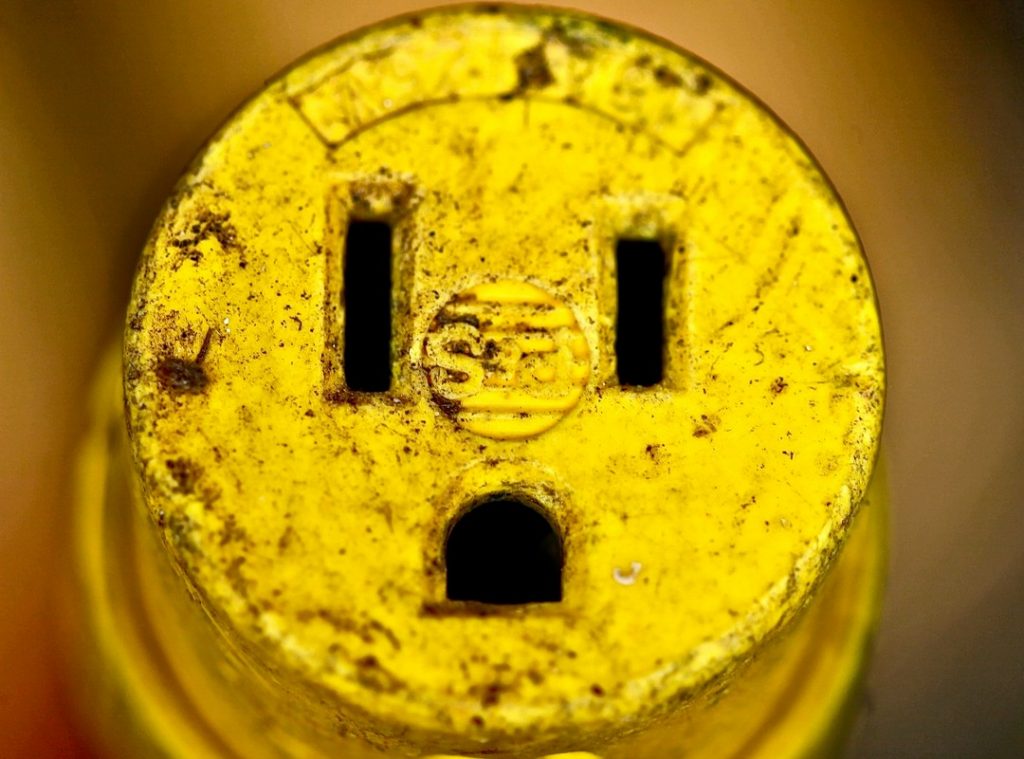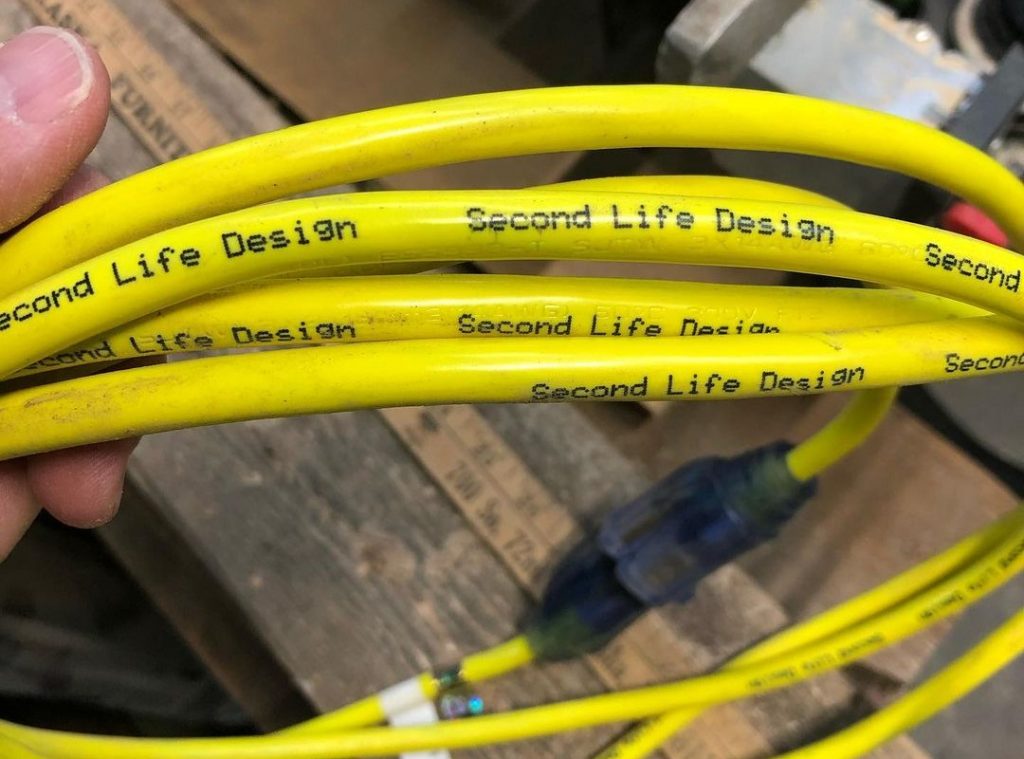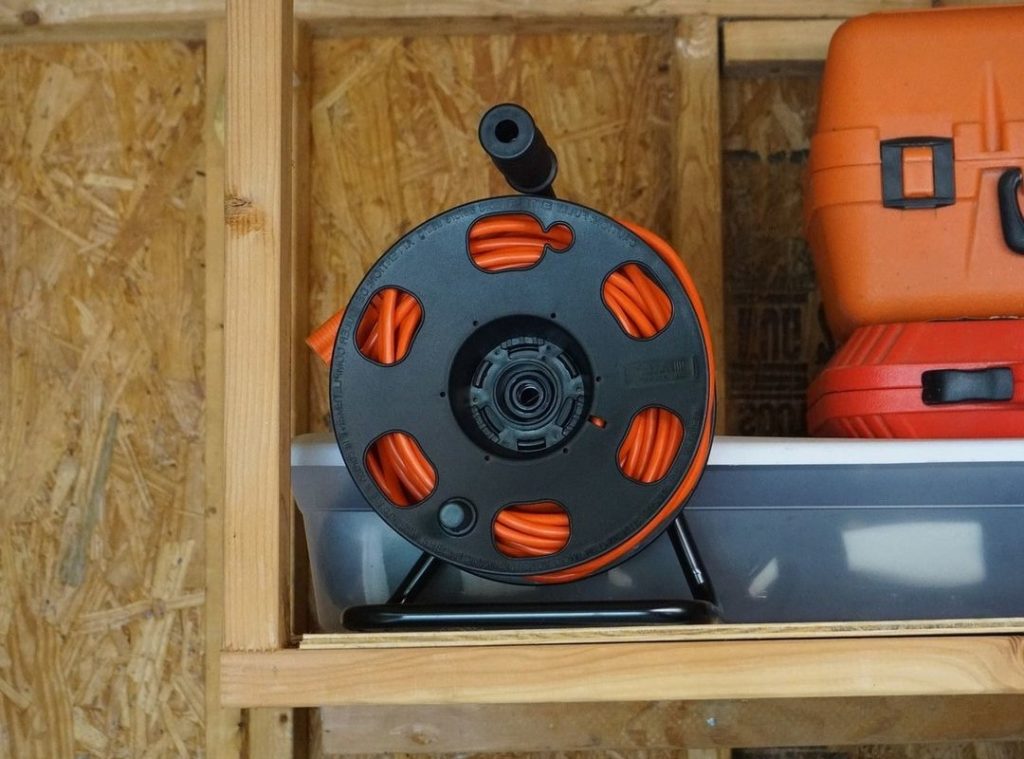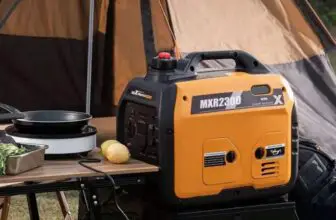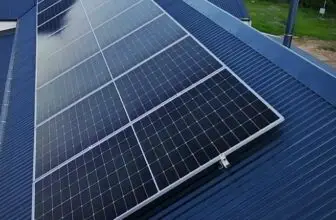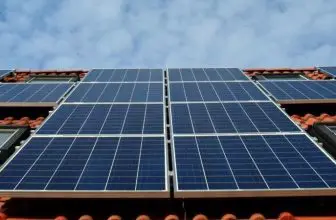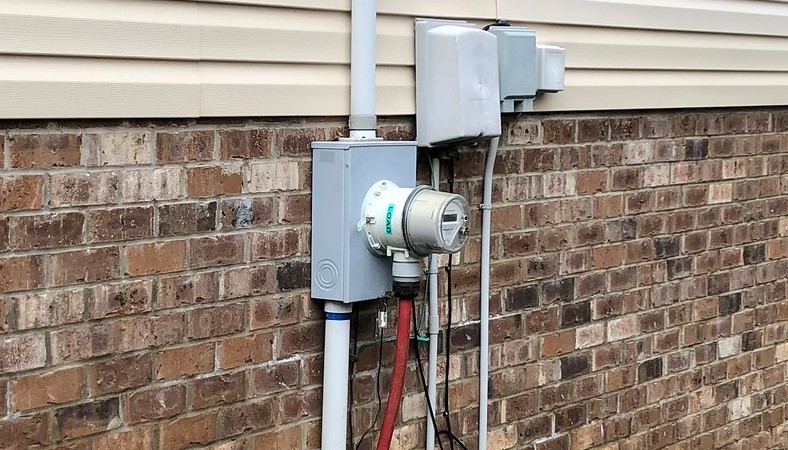
An electrical extension cord is an electrical device designed to connect electrical appliances in places away from fixed outlets. Extension cords that are used with generators are different from conventional ones. They are more rugged and designed for use under extreme conditions. You can buy a 30a extension cord, but it’s better to do the cord yourself.
Such requirements for the extension cord are justified by the importance of the extension cord in the emergency power supply circuit. After all, what good is a generator if you can’t plug it into your grid? This article will help you understand all the nuances of extension cords and help you make an extension cord for a generator.
Extension Cord Review
Contents
Extension cords for generators, unlike household generators, have stronger insulation and waterproofing. As a rule, they are longer and have a larger cross-sectional diameter. There is a wide range on the market, but there are cases where there is no opportunity to buy an extension cord needed now, just for such cases our article.
What Extension Cords Are For
Of course, you can buy an extension cord for the generator, but not always there is such an opportunity because the need for a generator is often a surprise that we are often not prepared for.
This article will help you make a quality extension cord and save on its purchase.
Precautions
When getting to work, it is necessary to remember the personal protective equipment, such as:
- Protective eyewear;
- Isolation gloves;
- Insulated tools.
Tools and Materials
List of necessary tools and materials:
- Two receptacles;
- Male plug;
- Extension cord (size number 10);
- 4×4 square box with cover;
- Strain relief cord connector or cgb;
- Gloves;
- Screwdriver;
- Pliers;
- Knife;
- Scissors;
- Electrical tape.
Pros and Cons of Making an Extension Cord Yourself
Pros
- Cheaper than buying;
- You can tailor it to fit your specific needs;
- It’s convenient if you can’t buy it;
Cons
It takes more time to make
if not done properly, it could be a fire hazard
How to Make a 30-Amp Generator Extension Cord
- Make a hole in the box
Use pliers to make a hole in the box. - The cable needs to be stripped
Use a pair of pliers to carefully peel off the insulation without damaging the inner conductors. - Cut off the unnecessary
Use scissors to cut off what you don’t need. - Seal the transition between the box and the cable with CGB
Install and secure the CGB box install and secure the CGB in the box so that it fits snugly and doesn’t dangle. - Run the wires into the CGB.
- Strip the Wire
Wire strippers can be used to strip wires. Be careful not to damage the cable. - You need to make two groundings
Cut the wires for grounding. 1 wire for one outlet and another for the ground from the generator. - Connect the wires to the receptacle pins.
Insert the twisted wires into the receptacle terminals and tighten them. - Fasten the socket in the box
The connected socket must be secured in the box. Use a screwdriver and screws to do this. - Connecting the plug.
The other end of the wire should be connected to the plug. You must make wiring a 30 amp generator plug connection. Prepare all wires and fasten them securely in the plug.
Result
As a result, you will get an extension cord for a 30 amp generator that will fit your needs in length and number of outlets. It will fit your generator perfectly.
You can choose your own materials and parts to make up your extension cord. These options make a homemade extension cord look preferable to a factory-made solution.
Recommendations
Don’t forget that the extension cord is a temporary solution. If you intend to use the generator permanently, we recommend that you consider connecting it fully.
Always make sure you have enough wire for the extension cord so that you can use it with a more powerful generator or welding machine in the future.
Periodically inspect the wire for damage. If damage is found, repair it. Do not use an extension cord with a damaged cord.
Do not use adapters or limit their number as much as possible. The use of conductors can be dangerous and is often the cause of a fire.
If you notice an extension cord getting very hot or smell something burning, unplug it immediately. Let it cool down and check the contacts and the socket for tightness. If this happens again, you will need to replace the extension cord.
Do not use the extension cord coiled. It may create a “coil” effect. Always unwind the extension cord. Try to unwind the extension cord so that it does not interfere with your movement and crosses corridors and aisles as little as possible.
You can use a 30 amp generator cord with a 20 amp generator. But you can’t use it the other way around.
Remove the plug from the outlet by pulling the plug, not the cable. This will extend the life of the extension cord. There are also plugs with handles, we recommend you look at these plugs.
Frequently Asked Questions
Frequently asked questions about how to make an extension cord for a generator.
How long can a 30 amp generator extension cord be?
The maximum recommended length for a 30 amp generator extension cord is 100 feet.
What wire do I use for a 30 amp extension cord?
For a 30 amp extension cord, you would use a 10/3 wire. For example, a 30 amp cord for a 7,500-watt generator would be sufficient.
Do I need a special extension cord for a generator?
Yes, you need to use a generator-specific extension cord or you risk damaging your generator and appliances.
Can I connect 2 generator cords together?
Yes, but it is not recommended. It should be understood that the use of an extension cord itself is a forced measure.
Can I use any extension cord for my generator?
It depends on the voltage and amperage of the generator and the extension cord. You should consult an electrician or the generator’s owner’s manual to be sure.
Conclusion
Extension cords are an important part of any home or office. They provide a way to extend the reach of an electrical outlet, allowing you to plug-in devices that are not close to an existing outlet. Extension cords come in a variety of lengths and gauges, and it is important to choose the right one for your needs.
In this article, we figured out all the nuances of making an extension cord for the generator with your own hands. Figured out the difference between an extension cord for a generator and a normal extension cord.
Extension cords are a necessary part of life in a modern home or office. By taking the time to choose the right cord for your needs, you can ensure that your devices are properly powered and that you are not overloading your electrical system. I hope you have no questions and this article has helped you gain the necessary knowledge to make your own extension cord.

